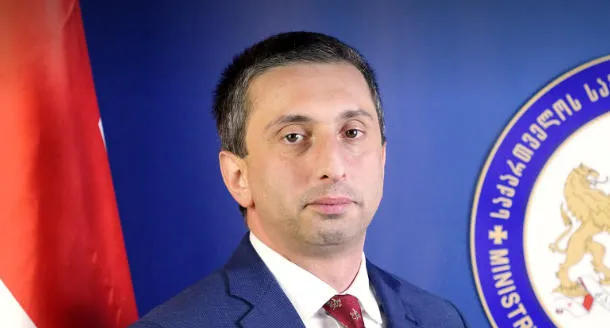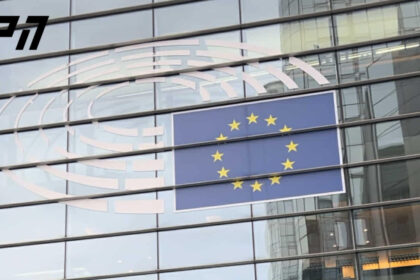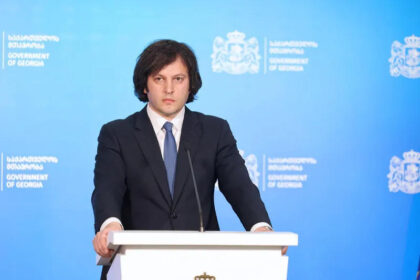**Georgia’s Ministry of Foreign Affairs Under Fire: Diplomat Speaks Out Against “Destruction of Collegial Relationships”**
The Georgian Ministry of Foreign Affairs has been embroiled in controversy after the director of its Euro-Atlantic Integration Department, Tornike Farulava, was dismissed without explanation. The move has sparked outrage among former colleagues and diplomats, with many criticizing the ministry’s handling of the situation.
According to Farulava, his entire department was abolished as part of a recent “reorganization” at the ministry. He claims that the main targets of abolition and downsizing were subdivisions working on interagency coordination of European and Euro-Atlantic integration. This has significant implications for Georgia’s relations with Brussels, as these units were responsible for coordinating reform processes and presenting them to EU officials.
Farulava, who served 24 years at the Ministry of Foreign Affairs, describes the process as a “destruction of collegial relationships” among ministry employees. He claims that institutional memory, built up over years, has been erased, with diplomats being reassigned to positions where they have no experience or knowledge.
The treatment of staff during this process has also come under fire. Farulava alleges that people were treated with complete disrespect, with dismissal orders issued on a conveyor-belt basis and no communication or explanation provided.
“It was inhumane,” he writes on social media. “I am proud that I was fully affected by this process.”
The dismissals of both Farulava and his wife from the Parliament’s Committee on European Integration have sparked concerns about the impact on Georgia’s relations with international partners.
**Analysis**
This latest development highlights a deeper issue within the Georgian Ministry of Foreign Affairs, where institutional memory and collegial relationships are being eroded. The abolition of subdivisions working on interagency coordination is a significant blow to Georgia’s ability to coordinate reform processes with Brussels.
The handling of staff during this process has also been criticized, raising concerns about the value placed on human dignity and respect within the ministry.
As Georgia looks to strengthen its relations with international partners, it would do well to learn from the mistakes made in this instance. The country needs a robust diplomatic corps that values institutional memory, collegial relationships, and the treatment of staff.
**What’s Next?**
The fallout from these dismissals is likely to continue, with diplomats and former colleagues speaking out against the ministry’s handling of the situation. As Georgia seeks to navigate its complex relationships with international partners, it must prioritize a strong and effective diplomatic corps that values human dignity and respect.
Read More @ www.interpressnews.ge












